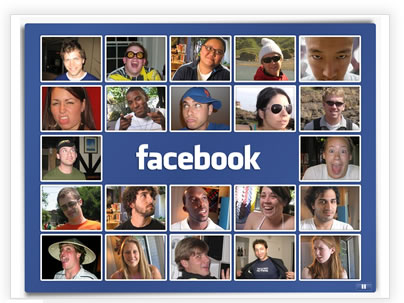Today is Friday, a day when many people try to put away their stress and go out with friends, so it seems as good a time as any to discuss the importance of social interaction. I'll be using the excellent book
loneliness: Human Nature and the Need for Social Connection by John T. Cacioppo and William Patrick for most of my information, so read that if you want to look deeper.
Most of you probably realize that habitual social isolation affects health negatively, but you may not know to what extent. According to a study done by epidemiologist Lisa Berkman, people with few social ties are two to three times more likely to die of ischemic heart disease, circulatory disease, cancer, respiratory failure, gastrointestinal failure, and all other causes of death. This makes extreme loneliness just about as dangerous as obesity, lack of exercise, or smoke inhalation.
Many researchers were skeptical of such harsh results, but studies since then have supported them. One of the most extensive studies of loneliness was conducted by the authors (Cacioppo and Patrick) themselves. At Ohio State University, they gave volunteer test subjects a battery of tests, including not only daily surveys of their subjective wellbeing, but also objective physiological measurements like blood tests, salivary gland tests, and even sleep tests. The results show that lonely people (especially older people) experience chronic stress at a 25% higher rate, and this stress compounds over a lifetime. On brain scans they are even less happy than normal when they DO finally experience social connection.
Okay, so now that (I hope) I've convinced you that loneliness is a serious health problem, what counts as loneliness? The authors define it as a lack of meaningful social interaction. The interaction has to be meaningful because people standing in a crowded mall can be just as lonely as someone alone in a basement, if not more so. If you feel better with a small group of friends than a large one, that's okay. It's the quality of the interaction that counts, not the quantity.
As for how to get out of a lonely slump, that's a difficult question. You might start by looking for people with similar interests as you. I recommend the website
Meetup, which allows you to find groups and clubs in your area, then meet them in person. The important thing is to keep trying, even if it doesn't seem to go well at first (loneliness can amplify negative feelings of yourself, even when you have no cause for concern).
This post is already rather long, so might as well
go read the book at this point. Just remember that everyone goes through these feelings at some point, so even if you're lonely, you're not alone.



























